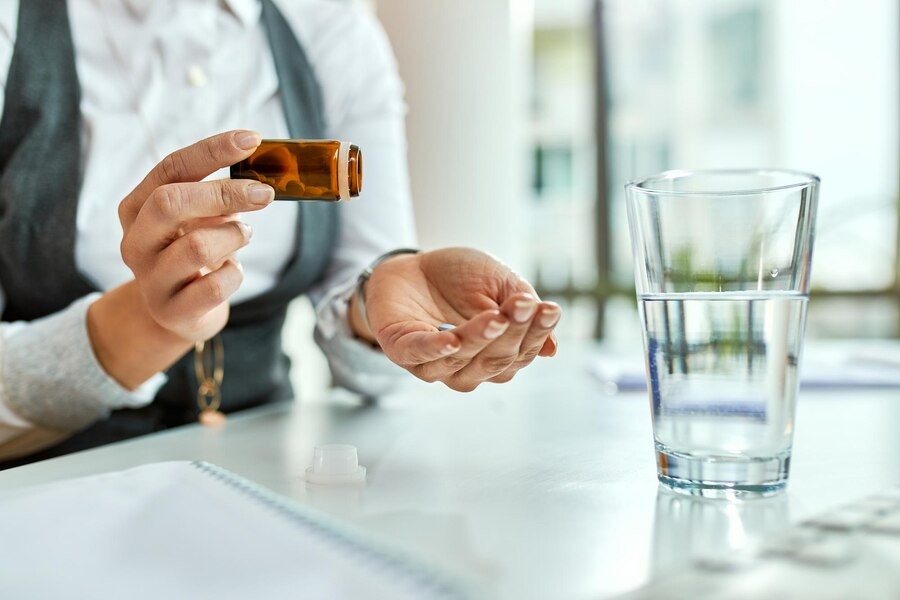Depression has a significant impact on a person's life. The depression that occurs during pregnancy is thought to affect the child's quality of life and development. Thus, it's vital not to overlook the depression experienced during pregnancy or postpartum depression.
How does depression during pregnancy impact fetal development?
During pregnancy, hormonal shifts can lead to mood changes that can cause depression. Constant feelings of sadness in pregnant women can be indicative of perinatal depression.
It's normal for pregnant women to experience fluctuating mood swings throughout pregnancy. However, if these mood changes and persistent feelings of sadness persist for several weeks and start to interfere with daily life, it's advisable to seek assistance from a psychologist or doctor.
It's common for pregnant women to undergo mood swings that vary throughout pregnancy. Nevertheless, if these mood shifts and persistent feelings of sadness persist for several weeks to the extent of disrupting daily life, it's crucial to seek assistance from a psychologist or doctor.
Symptoms of depression during pregnancy may include:
- Persistent sadness
- Loss of interest in usual activities
- Feelings of emptiness and hopelessness
- Frequent crying
- Difficulty concentrating
- Sleep disturbances
- Fatigue or lack of energy
It's important to recognize that depression during pregnancy impacts not only the well-being of pregnant women but also their fetal development. According to Verywell Mind, depression during pregnancy can indirectly affect a child's growth.
In certain instances, pregnant women experiencing depression are at risk of delivering babies with low birth weight and an increased likelihood of premature birth.
Additionally, a separate study highlighted the impact of external stressors like financial strain, domestic violence, and substance abuse, which can hinder nutritional intake for the fetus. Consequently, optimal fetal growth may be compromised.
It should be noted that depression when pregnant not only affects the condition of pregnant women but also the development of the fetus. According to Verywell Mind, depression when pregnant can affect children's growth indirectly.
In some cases, pregnant women who are depressed are at risk of giving birth to a child with a low birth weight and a premature birth risk.
Another study also revealed that external stress triggers such as economic pressure, domestic violence, and the use of narcotics can also inhibit nutritional intake in the fetus. As a result, the fetus cannot grow optimally.
Effects of postpartum depression on child development
The impact of depression on pregnant women extends to affecting the child's development after birth as well. Prenatal depression has been shown to influence a child's socio-emotional development in the future. Mothers who experience prenatal depression are 1.5–2 times more likely to have children with behavioral issues compared to those whose mothers do not experience depression.
Depression that occurs during pregnancy also shapes the mother's parenting style. From pregnancy to childbirth (postpartum depression), depression can hinder mothers from developing a strong bond with their children. Indeed, the quality of the mother-child relationship established early on can profoundly affect the child's neurodevelopment and psychological well-being in the years to come.
As children grow up, mothers tend to develop an authoritarian parenting style. Usually, this parenting style is characterized by the following:
- Parents or mothers show hesitance in being affectionate towards their children
- Giving harsh punishments to the child
- Making high demands on the child but being unresponsive to the child's requests
- Do not let the child choose
- Has no tolerance for the child's mistakes
- Not trusting the child
- Shaming the child to make the child feel insecure
Managing depression in pregnant women
If you feel symptoms of depression during or after pregnancy, you should consult a doctor or psychologist. Treatment of depression during pregnancy is tailored to the needs and symptoms felt.
Some treatments that can be given to overcome depression include:
- Talk therapy is a therapy that explores the causes of the mental health problems you are experiencing. Some types of talk therapy include cognitive-behavioral therapy and interpersonal therapy.
- Medication, which involves taking antidepressants or SSRIs. These medications can have adverse effects on fetal development, so it's essential to strictly adhere to your doctor's guidance when using them.
Depression in pregnant women not only affects the health condition of the woman but also the health of the child in the future. If the mother feels symptoms of depression, do not hesitate to seek help.
If you need medical advice or consultation, you can either visit a doctor or make use of the consultation features that are available in the Ai Care application by downloading the Ai Care application from the App Store or Play Store.
Looking for more information about pregnancy, breastfeeding, and the health of women and children? Click here!
- Sean Edbert Lim, MBBS
Seide, M. (2021). How Maternal Depression Affects Children. Available from: https://www.verywellmind.com/how-does-depression-before-and-after-pregnancy-effect-a-growing-child-5120233
Kerr, M. (2023). Perinatal Depression. Available from: https://www.healthline.com/health/depression/perinatal-depression
Marcin, A. (2020). 7 Ways to Cope with Postpartum Depression. Available from: https://www.healthline.com/health/depression/how-to-deal-with-postpartum-depression
Cleveland Clinic: Postpartum Depression. Available from: https://my.clevelandclinic.org/health/diseases/9312-postpartum-depression
Healthline. (2018). Children Can Also Suffer When Their Mothers Have Postpartum Depression. Available from: https://www.healthline.com/health-news/children-suffer-when-mothers-have-postpartum-depression
Lindberg, S. (2021). What Is Perinatal Depression?. Available from: https://www.verywellmind.com/overview-perinatal-depression-4768491











